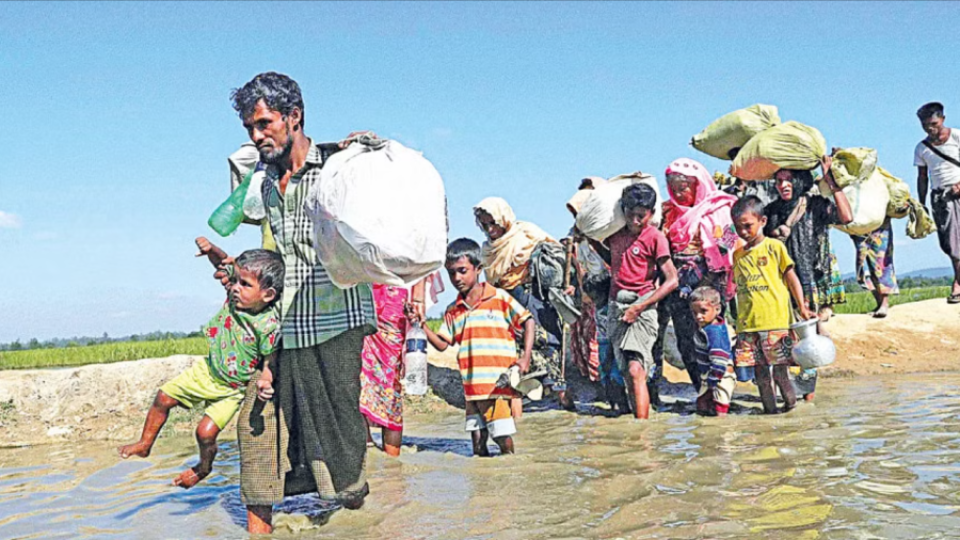June 6, 2023
DHAKA – The Rohingyas wishing to return to Myanmar should have access to clear, factual information to be able to make free and informed decisions, and under no condition should be forced to return, said UN Deputy High Commissioner for Refugees, Kelly T Clements.
“We continue to advocate for creating conducive conditions in Myanmar so that refugees can go back safely and in dignity, and voluntary returns can be sustainable,” she said wrapping up a four-day visit to Bangladesh yesterday.
She visited the Rohingya camps in Cox’s Bazar, government officials, donors and humanitarian actors during her trip here.
In a statement, Clements said the Bangladesh government has assured her that it would not force any Rohingyas to return to Myanmar.
This comes when Bangladesh and Myanmar, under mediation by China, are discussing a pilot project for Rohingya repatriation six years after the biggest Rohingya influx in 2017.
Currently, more than a million Rohingya live in Bangladesh.
Clements also emphasized that the UN Refugee Agency must be able to assess the voluntariness of refugees’ choices.
She also called for livelihood and self-reliance initiatives to be scaled up in Cox’s Bazar to prevent the humanitarian situation in the refugee camps from deteriorating as funding for them is declining.
On June 1, the World Food Programme was forced to cut food aid for the second time in three months due to a lack of funding, which will result in higher malnutrition rates, school dropouts, increased child marriage, child labour and gender-based violence, she said.
Clements also advocated for policies to allow more durable materials, which are fire and weather resistant, to be used for shelters.
Humanitarian agencies have appealed for more than $876 million this year to support almost 1.5 million people, including 920,000 Rohingya refugees in Cox’s Bazar and Bhasan Char, and 495,000 Bangladeshis in neighbouring communities.
As of June 2023, the Joint Response Plan was only 24 percent funded. Predictable and sustained funding is needed to avert a wider humanitarian disaster.


